Allied Burden Sharing: The United States Shoulders an Unsustainable Weight [A Marathon Initiative Infographics Series]
J.C. Ellis

J.C. Ellis
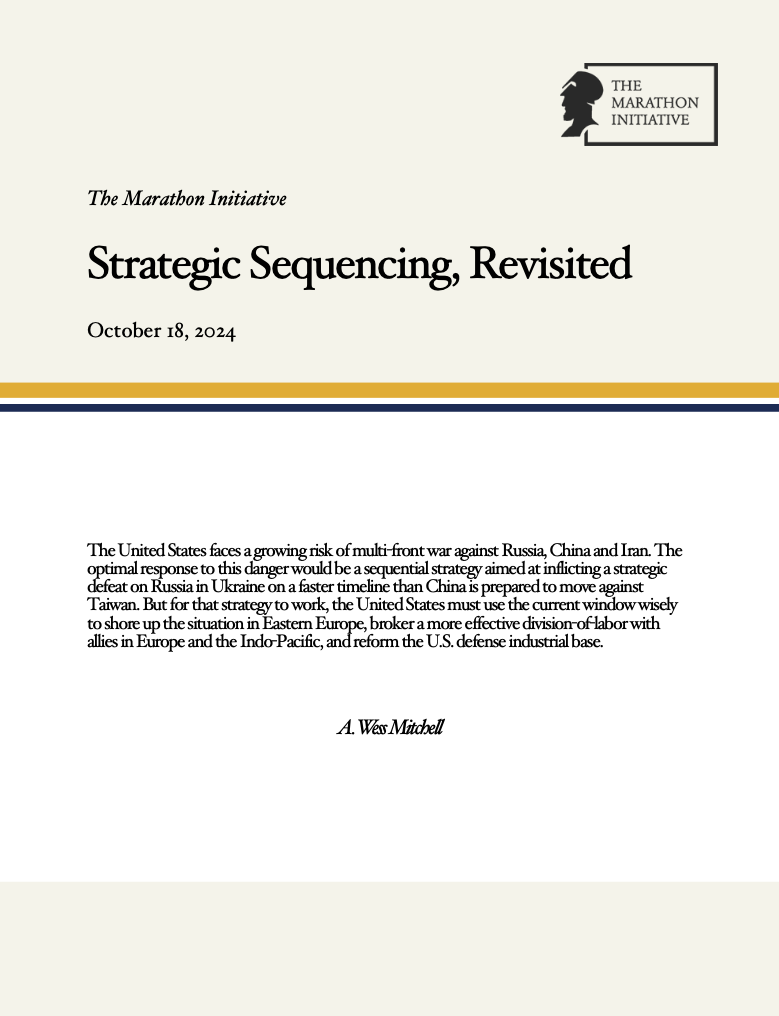
by Wess Mitchell
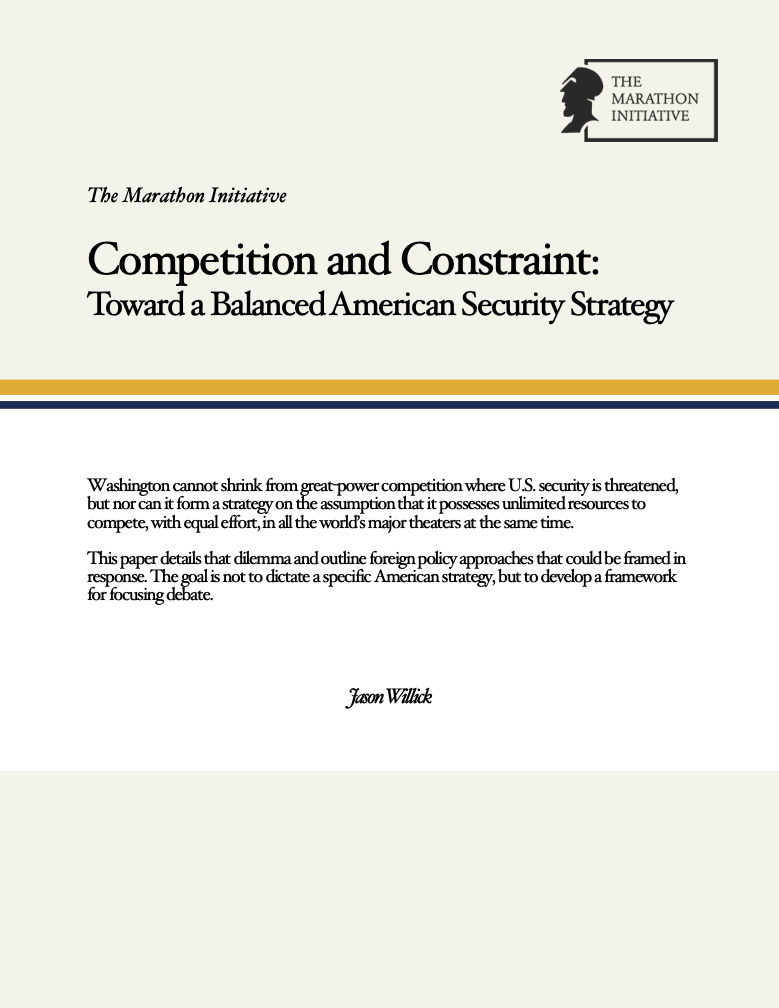
by Jason Willick

by Christopher Vassallo
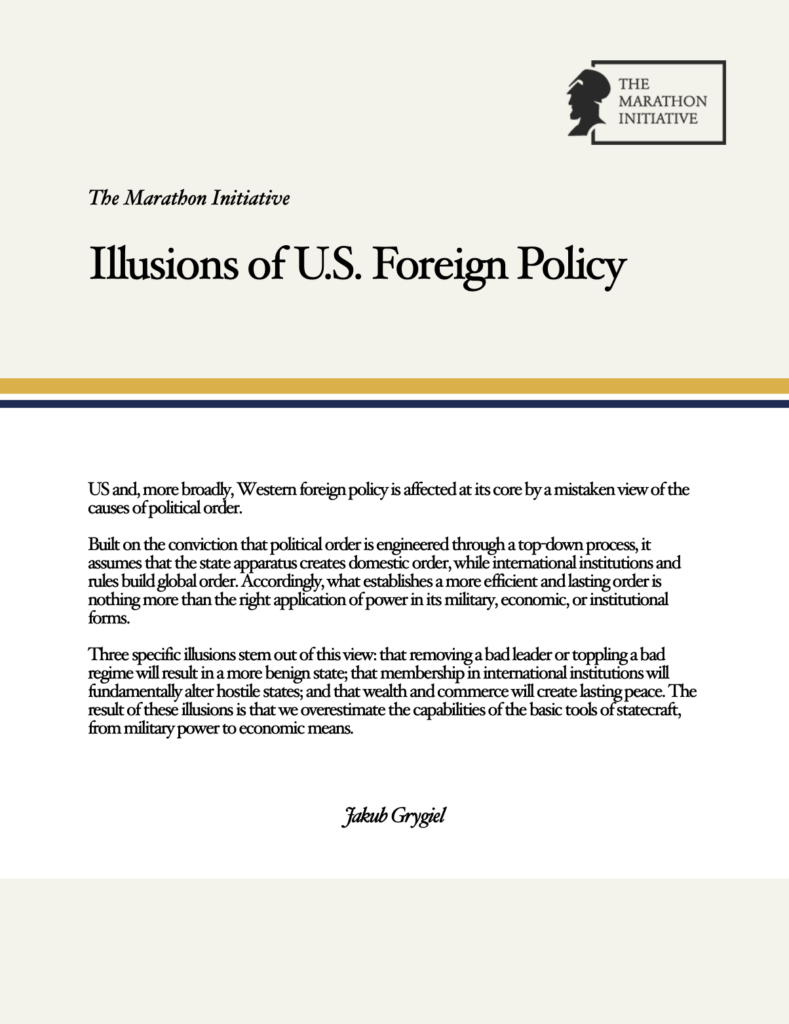
by Jakub Grygiel
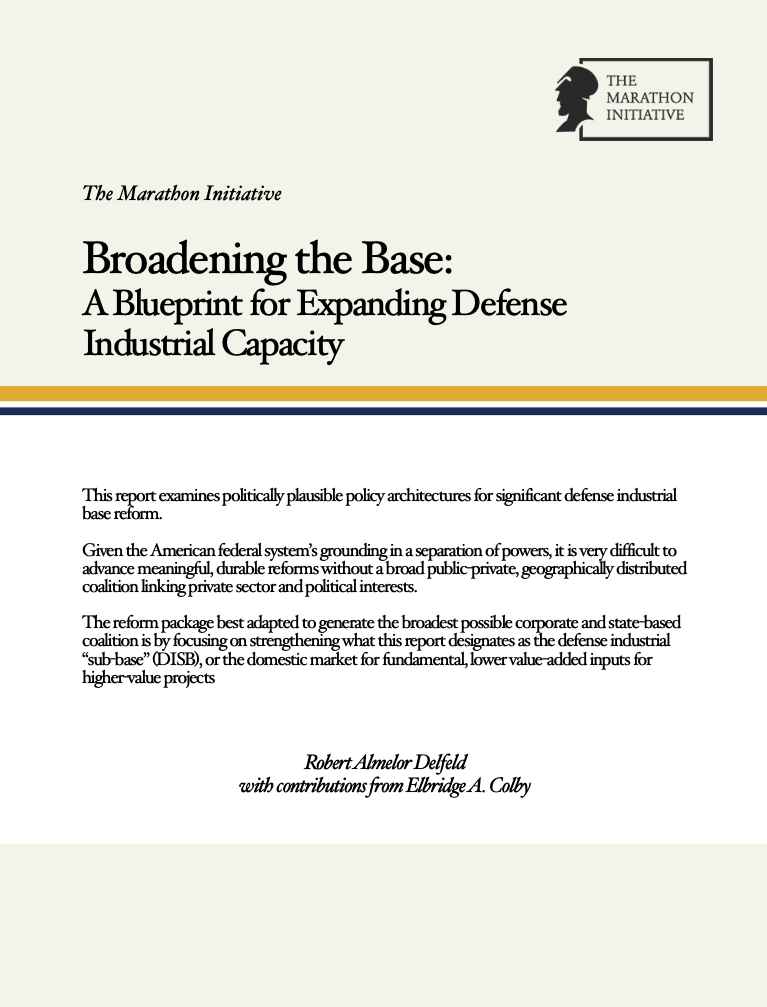
by Robert Almelor Delfeld, with contributions from Elbridge A. Colby
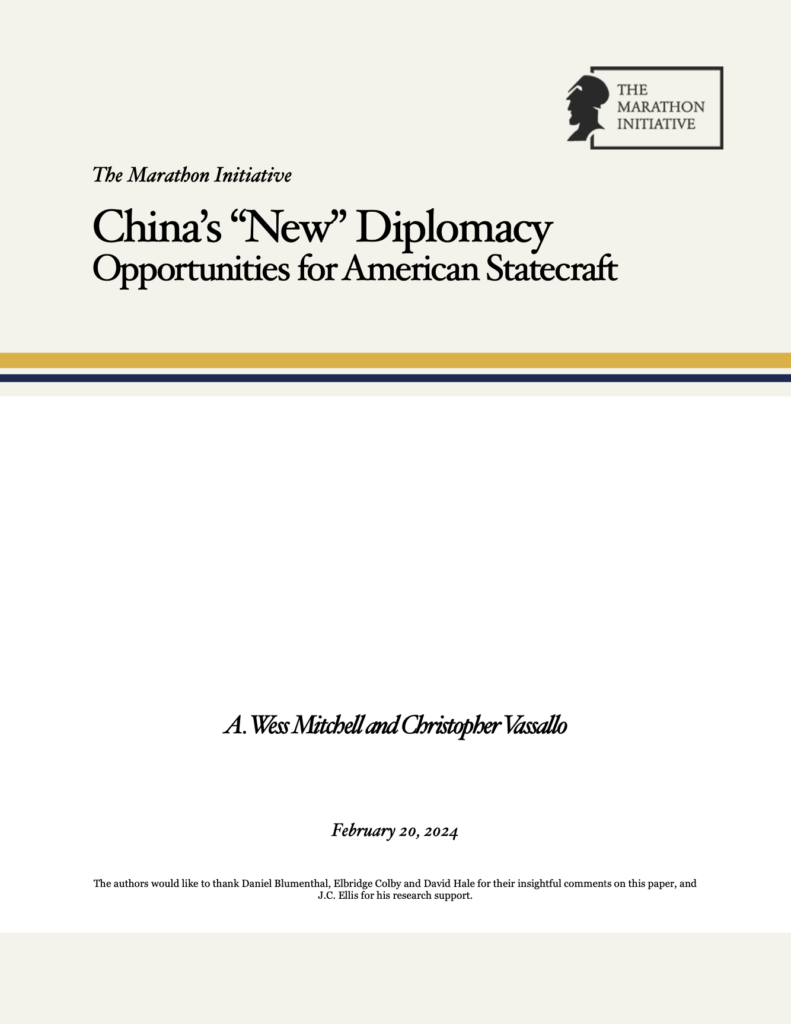
by A. Wess Mitchell and Christopher Vassallo

by William Kim and Elbridge A. Colby
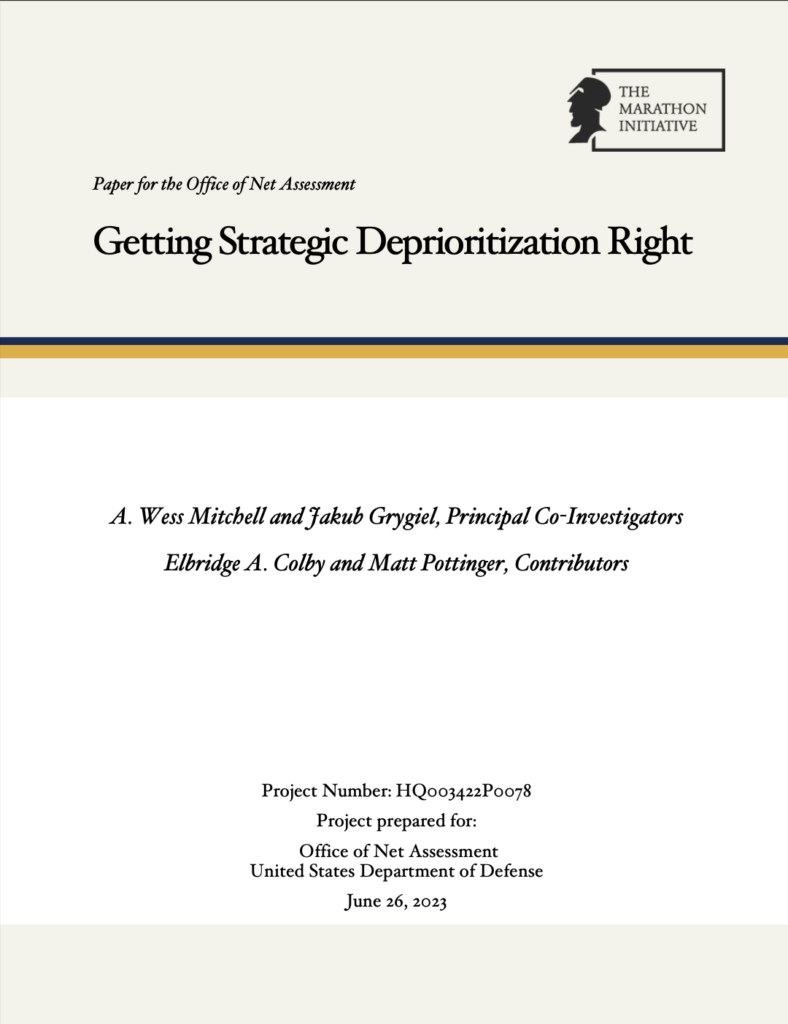
by A. Wess Mitchell and Jakub Grygiel, Principal Co-Investigators; Elbridge A. Colby and Matt Pottinger, Contributors

by David Hale
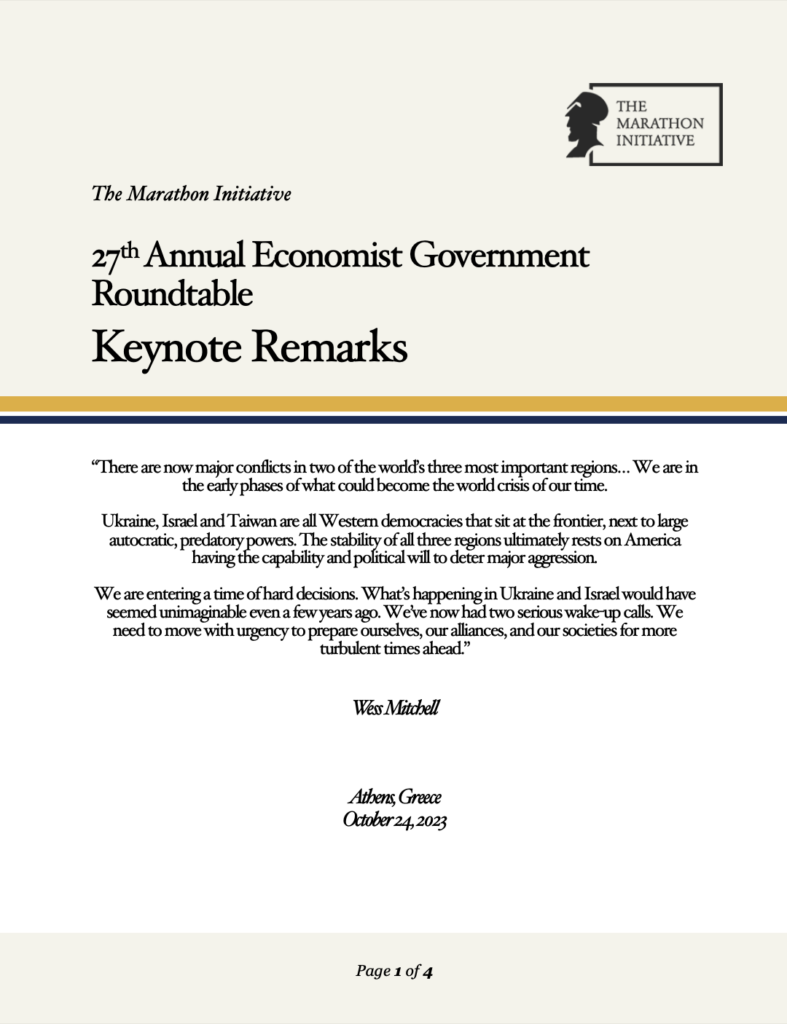
A. Wess Mitchell
27th Annual Economist Government Roundtable –https://events.economist.com/events-conferences/27th-annual-economist-government-roundtable/
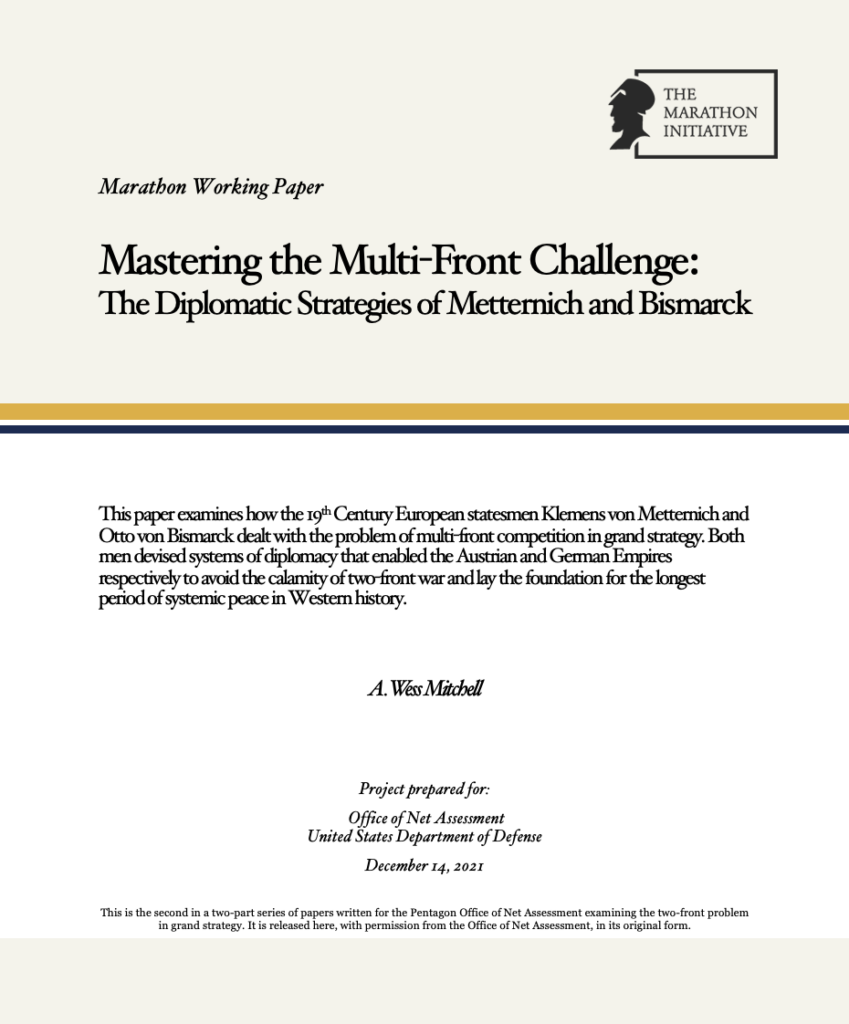
by A. Wess Mitchell
![Image_Two Fronts One Goal [website publication v.2]](https://themarathoninitiative.org/wp-content/uploads/2023/08/Image_Two-Fronts-One-Goal-website-publication-v.2.jpg)
by Luis Simón, Daniel Fiott, and Octavian Manea
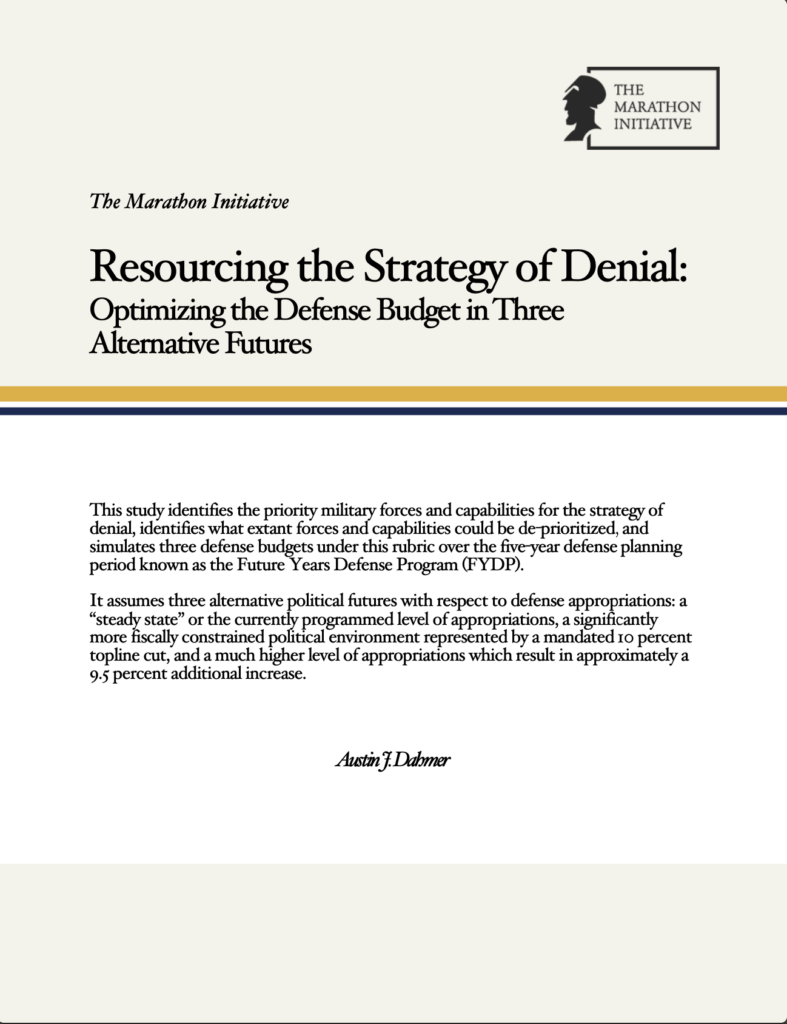
by Austin J. Dahmer
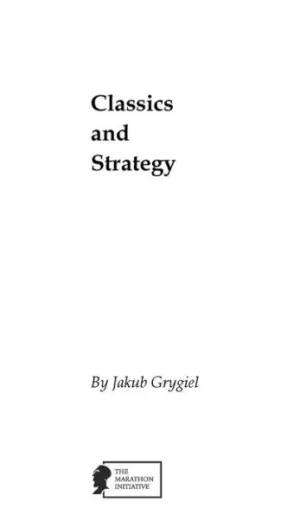
by Jakub Grygiel
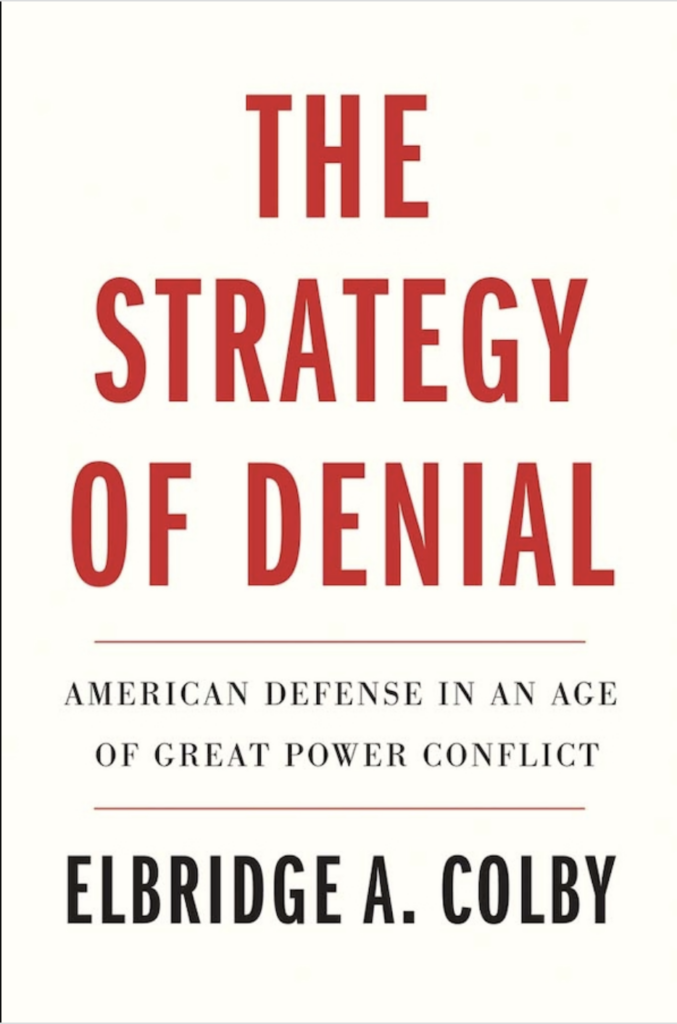
by Elbridge Colby
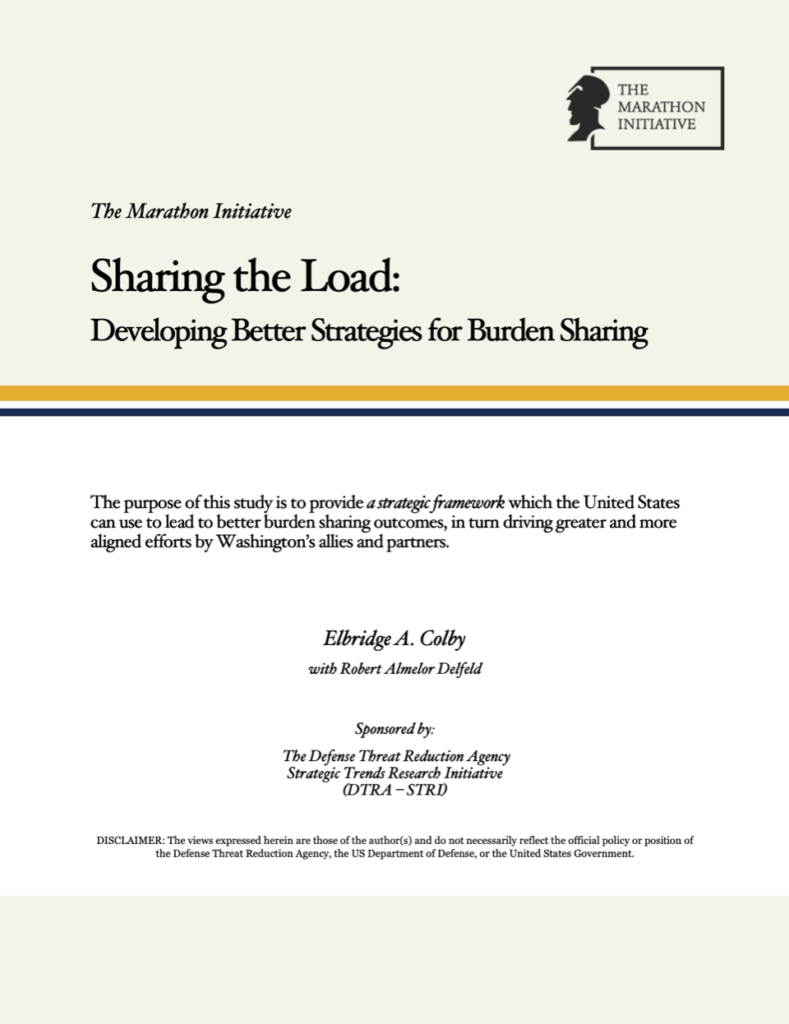
by Elbridge Colby with Robert Almelor Delfeld
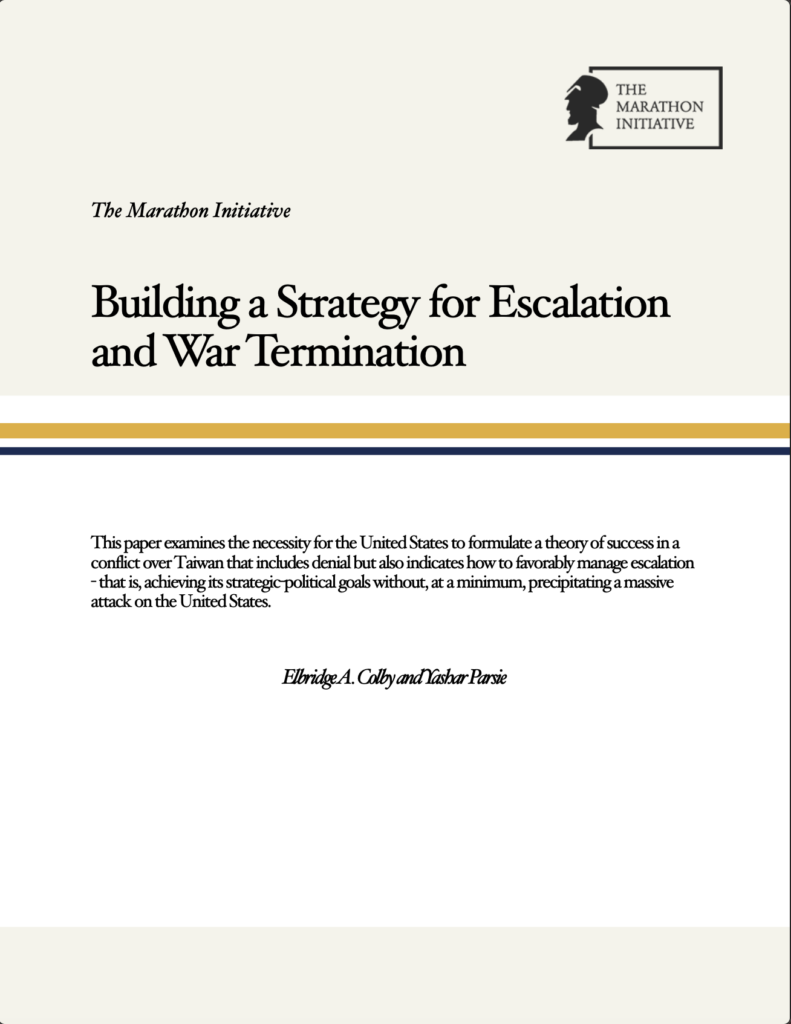
by Elbridge Colby and Yashar Parsie
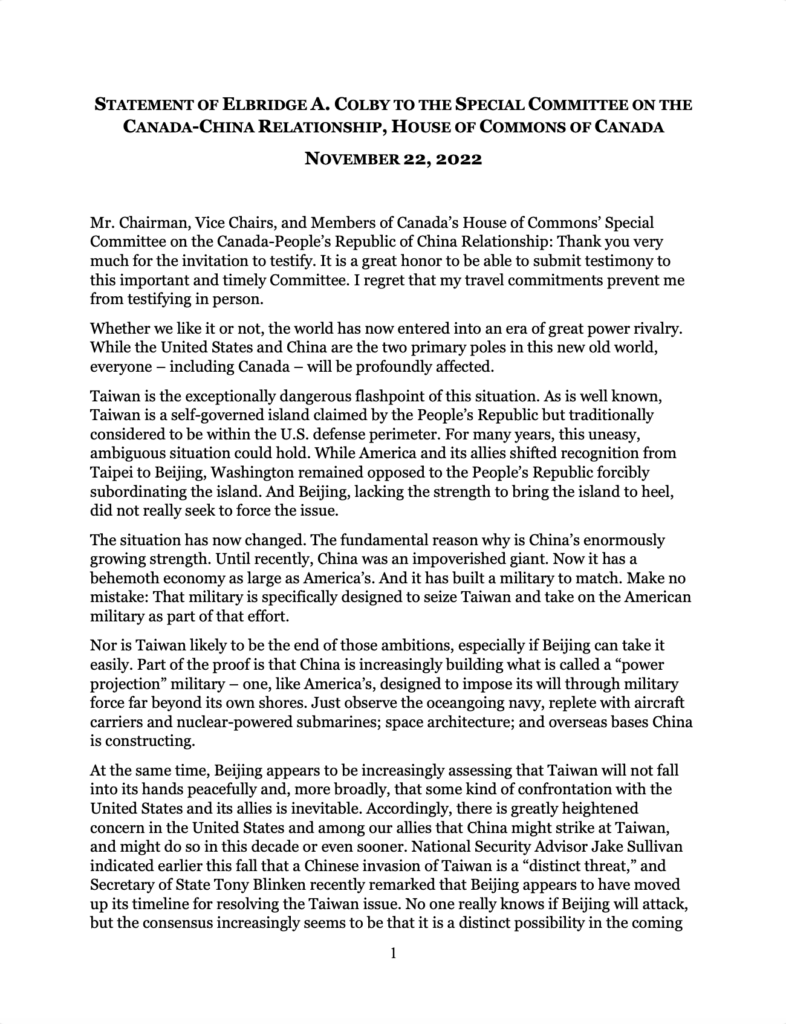
by Elbridge Colby
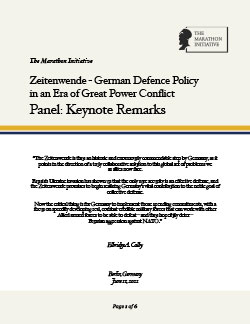
by Elbridge Colby
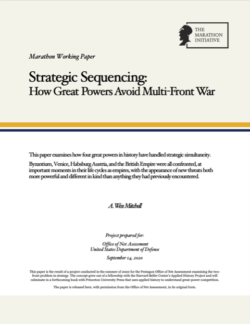
by A. Wess Mitchell
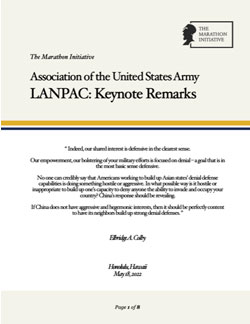
by Elbridge Colby
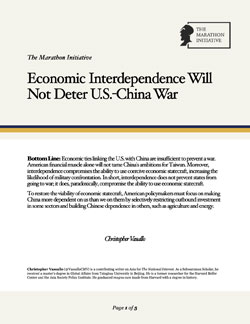
by Christopher Vassallo
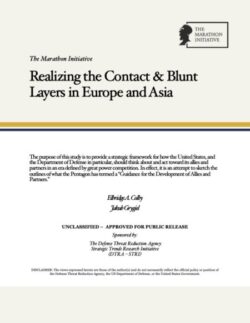
by Elbridge Colby and Jakub Grygiel (with Yashar Parsie)
1730 Rhode Island Ave NW, Suite 201, Washington, DC 20036
The Marathon Initiative © 2023 All Rights Reserved